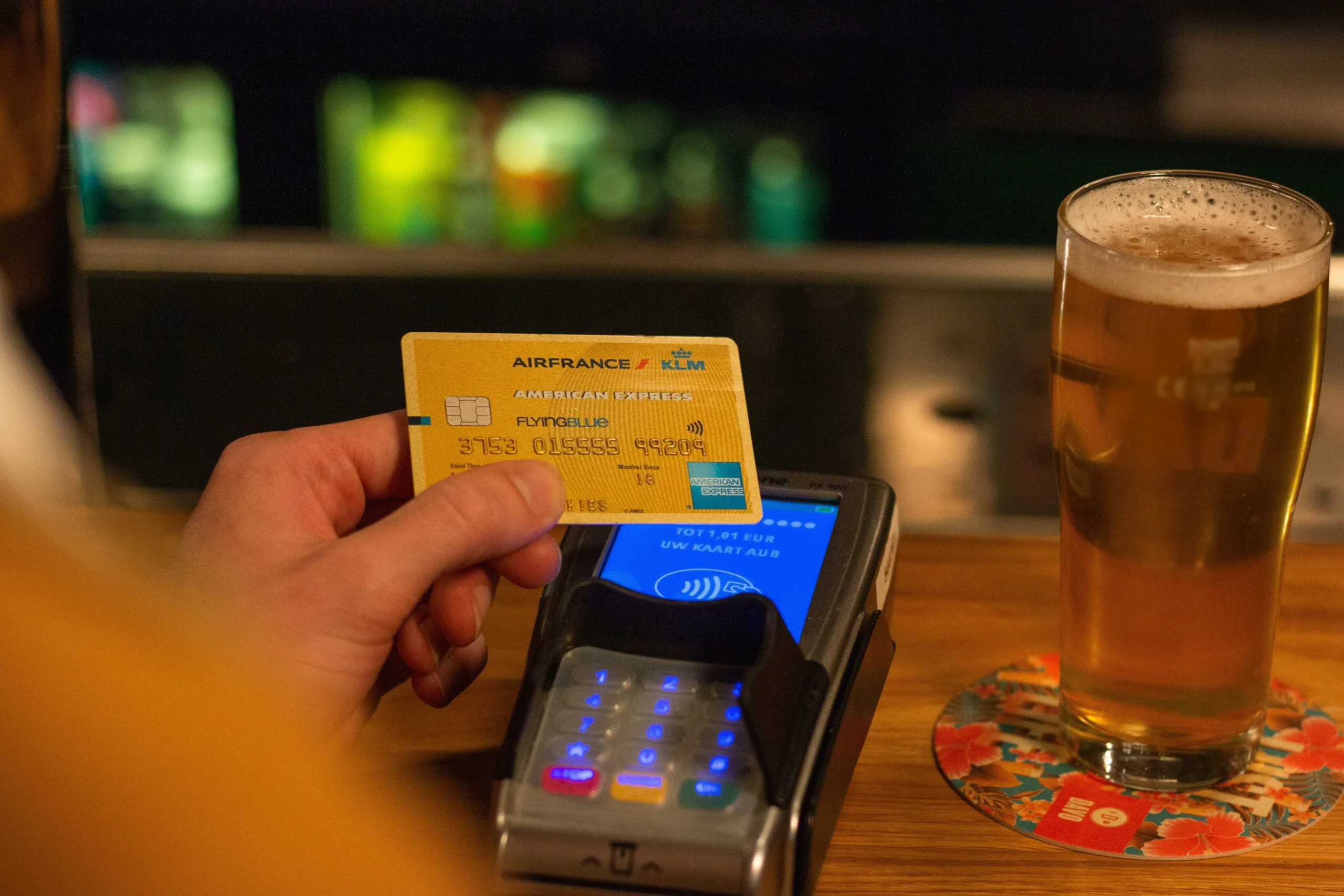In 2025, crypto-inspired rewards credit cards are rapidly transforming how U.S. consumers earn points, cashback, and even digital coins. Gone are the days when the Chase Sapphire Reserve or Amex Platinum dominated the market unchallenged. Today, the rise of blockchain-backed, crypto-rewarding credit cards is changing the game for both financial institutions and savvy digital users.
But what’s behind this surge? And can cryptocurrency transactions and private key wallets truly replace airline miles?
Let’s break it down.
💳 What Are Crypto-Inspired Rewards Credit Cards?
Unlike traditional credit cards that offer travel or cashback, crypto rewards cards offer perks in the form of:
- Bitcoin (BTC), Ethereum (ETH), or stablecoins like USDC
- Points redeemable into cryptocurrency funds
- Cashback that gets auto-converted to digital assets
These cards operate on major payment networks (like Visa or Mastercard), meaning they can be swiped anywhere regular cards are accepted, while still letting users buy cryptocurrency seamlessly with earned rewards.

🔥 Why Are Millennials and Gen Z Choosing Crypto Cards?
The rise of digital currency adoption among younger Americans has been explosive. For many:
- Earning Bitcoin feels more valuable than airline points
- Crypto rewards offer potential long-term growth
- They fit into an ecosystem of peer-to-peer finance tools
- Some cards even offer staking, DeFi access, or NFT perks
Compared to static cashback models, crypto cards provide a dynamic financial asset—one that might appreciate with time.
🏦 Traditional Banks Jump Into the Blockchain Game
Major credit card companies and banks aren’t staying silent. In fact, 2025 has seen:
- BlockFi, Coinbase, and Gemini expanding card offers
- Mastercard integrating distributed ledger payment tools
- Visa enabling crypto wallet syncing on select cards
Even fiat currencies are being tokenized, with open-source platforms powering much of the innovation.
🔐 How Safe Are Crypto Credit Cards?
One of the biggest concerns is security—especially around private keys and identity.
Most top-tier crypto credit cards today include:
- Encrypted wallet storage
- Multi-layer computing power verification
- Recovery systems in case of lost funds
- Fraud protection equal to or better than legacy cards
Still, it’s essential that users understand how to manage their wallets and backup their keys securely.
🌐 Top Crypto Credit Cards in 2025
Here’s a look at some of the most popular crypto cards this year:
| Card Name | Reward Type | Annual Fee | Network |
|---|---|---|---|
| Gemini Card | Bitcoin, Ethereum | $0 | Mastercard |
| Coinbase Card | Custom crypto | $0 | Visa |
| Venmo Crypto Card | BTC + cashback | $0 | Visa |
| SoFi Crypto Card | BTC or ETH | $0 | Mastercard |
Each has varying reward structures—some offer up to 3% crypto back on dining or gas, while others provide flexible cryptocurrency market integration.

🤯 Are Crypto Rewards Better Than Traditional Points?
This depends on your financial goals.
| Category | Traditional Credit Cards | Crypto Rewards Cards |
|---|---|---|
| Perks | Travel, Cashback | Crypto earnings, staking |
| Risk | Low | Volatile market |
| Flexibility | High | Medium (depends on exchange rate) |
| Long-term Value | Stable | Potentially high |
If you’re risk-tolerant and believe in the future of digital assets, crypto rewards cards offer massive upside.
📉 What Happens When the Crypto Market Crashes?
Yes, the cryptocurrency market is known for volatility. Your $100 in Bitcoin rewards today could be worth $70 tomorrow—or $200.
Some cards have built-in risk reduction:
- Auto-conversion to stablecoin
- Limitations on holding duration
- Optional rewards in fiat currencies
So while risk is real, newer card models provide layers of protection.

FAQs
Q: Can I use these cards at regular stores like Walmart or Amazon?
A: Absolutely. Most run on Visa or Mastercard rails, accepted almost everywhere.
Q: Are crypto cards accepted internationally?
A: Yes, as long as the network (Visa/Mastercard) supports it.
Q: Do I pay taxes on crypto rewards?
A: Yes. In the U.S., crypto rewards are considered taxable income. Make sure to report them correctly.
Q: Are these cards better than airline credit cards?
A: If you value investing in cryptocurrency or want exposure to blockchain tech, they may be a better fit.
Bonus Tips
- For Discover optimization, add real-time crypto price tickers to your blog pages.
- Offer a “crypto calculator” widget to let users compare reward value.
- Use schema markup for product review articles to enhance visibility.
- Leverage Google Web Stories to explain crypto credit card comparisons visually.
Author Bio
Vimal rawat is a U.S.-based fintech writer at SwipyWiro.com, covering blockchain innovation, credit markets, and consumer banking tech. With a passion for simplifying complex finance topics, his work focuses on clarity and insight.
📜 Financial Disclaimer
This content is for educational purposes only and does not constitute financial or tax advice. Always consult a licensed financial advisor.
📪 Contact
📧 Email: imrajkumar756@gmail.com
🐦 Twitter: @swipywiro
💡 You May Also Read:
MetaMask Scam Alert 2025: How to Protect Your Crypto Wallet

